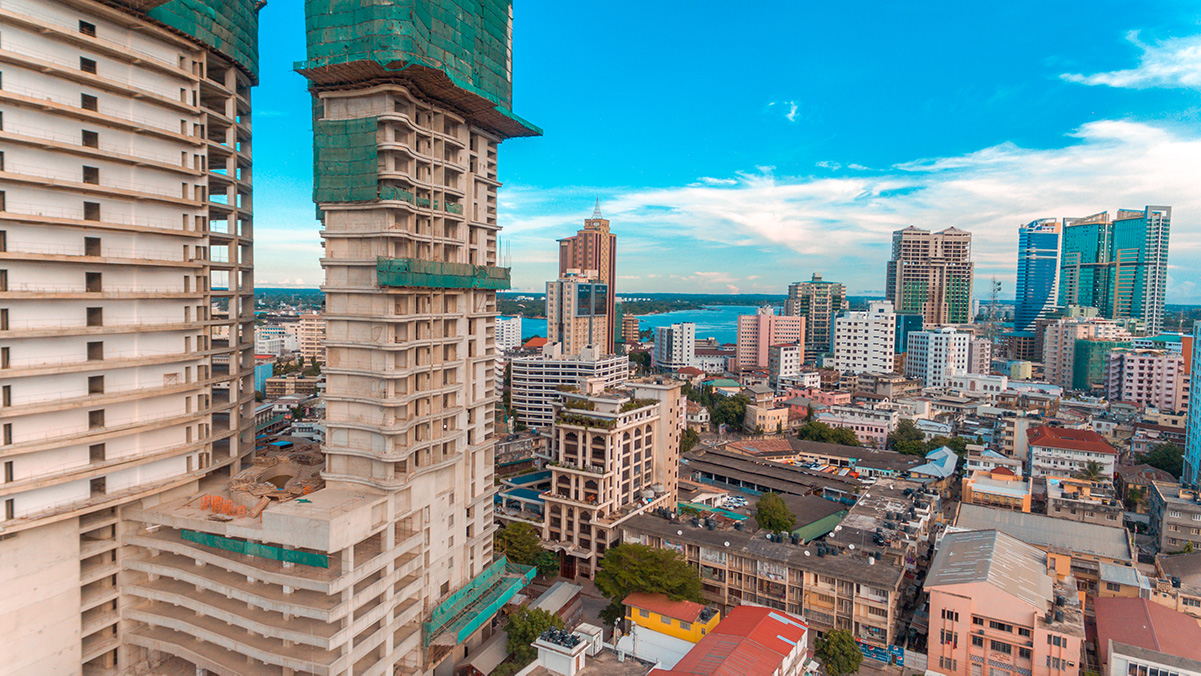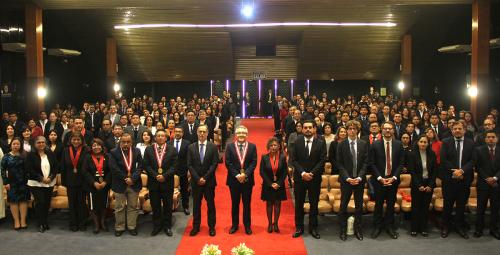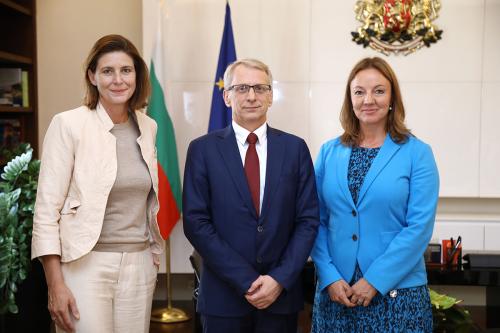From the UK’s first Deferred Prosecution Agreement to a plea bargain in Tanzania

The first Deferred Prosecution Agreement (DPA) of the United Kingdom Serious Fraud Office (SFO), secured on 30 November 2015 at the Royal Courts of Justice, London, has on 26 August 2020 given rise to a plea bargain settlement in Tanzania. As announced by Tanzania’s National Prosecutions Service (NPS), this nets the Tanzanian authorities TZS 1.5 billion (approx. USD 650,000 or GBP 500,000).
Standard Bank PLC (now ICBC Standard Bank PLC) was the subject of an SFO investigation leading to an indictment alleging failure to prevent bribery contrary to section 7 of the UK’s Bribery Act 2010. This represented the first significant use of this section of the Act and led to the first DPA entered into by the SFO.
As a result, the criminal proceedings were immediately suspended, Standard Bank was fined a total of USD 25.2 million, and required to pay the Government of Tanzania a further USD 7 million in compensation. In addition, Standard Bank was bound to cooperate fully with the SFO in its ongoing enquiries and make available material to support the domestic investigation in Tanzania.
From London to Dar es Salaam – making international cooperation work
The investigation in Tanzania, led by the Prevention and Combating of Corruption Bureau (PCCB), related to a USD 6 million payment made in March 2013 by a former sister company of Standard Bank (Stanbic Bank Tanzania) to a local partner (Enterprise Growth Market Advisors – EGMA). The payment was suspected to be intended to induce Tanzanian public officials to show favour to Stanbic Bank Tanzania and Standard Bank’s proposal for a USD 600 million private placement to be carried out on behalf of the Government.
The PCCB investigation in 2016 led to the arrest of former Tanzania Revenue Authority Director General, Harry Msamire Kitilya; Stanbic Bank’s former Head of Investment Banking, Shose Mori Sinare and former Chief Legal Counsel, Sioi Graham Solomon; and two Ministry of Finance officials, Bedason Anthony Shallanda and Alfred Paul Misana.
Between 2016 and August 2020, this case consumed a significant amount of time and effort of the PCCB and the NPS. During the early days, the investigation focused on material held in Tanzania. However, quickly it became clear that the material held abroad was equally essential. A combination of UK and international partners, including the International Centre for Asset Recovery (ICAR) at the Basel Institute on Governance, came together to support the PCCB and NPS. A large number of witnesses were interviewed and significant volumes of material were shared from the UK and South Africa.
This cross-border sharing of material and evidence was challenging due to their sheer volume but also cross-border legal differences. In the SFO, the PCCB and NPS found a willing partner to tackle these challenges. With the help of the UK Criminal Justice Advisor in Tanzania, the mutual legal assistance process with the UK was actioned. The PCCB also partnered with the Basel Institute to secure evidence from South Africa and to collate the significant electronic material from the UK for use during the trial.
The like-mindedness of all partners involved created a perfect environment for swift and pragmatic problem solving, testing new ideas and investigation methods, and building a closer rapport with fellow law enforcement officers and prosecutors. A series of firsts and positive results meant that the case was ready for trial in 2019. However, only part way through the hearings when the global covid-19 pandemic hit, the trial faced many adjournments during the early part of 2020. In the meantime, in September 2019, Tanzanian legislation was amended to permit plea bargain agreements.
The combination of these facts resulted in the negotiation of a plea bargain under which, on 26 August 2020, the defendants pleaded guilty to 1 out of 58 charges of occasioning economic loss to the Government, were ordered to jointly issue a payment of TZS 1.5 billion and were fined a further TZS 1 million each.
Is this a good result?
If we focus strictly on the principal sum involved – a settlement for approximately one tenth of the sum (TSZ 12 billion) which was fraudulently obtained – it sounds like a small prize. But this needs to be seen in a wider context and in light of other positives to be drawn from the process.
First, we must understand that the loss suffered by the Government had already been compensated by Standard Bank. Second, the defendants had already been held in custody in Tanzania for a period of over four years at the point of the plea. Third, the financial enquiries made did not identify realisable assets of any great value in relation to the defendants who were arrested.
Finally, in the current court timeline, the prosecution would have needed to continue to call evidence well into the next 18 months, with the defence case to follow. Further covid-19 related delays could be expected with respect to securing witness testimony, all together causing significant costs to the Tanzanian judicial system. And we should not forget that irrespective of the confidence in the evidence leading to prosecute, a conviction is never guaranteed until the court passes its final judgement.
Beyond that, from a practitioner’s perspective, another positive take-away has been the opportunity for five separate entities, from Tanzania and abroad, to come together successfully for a common goal. This multi-agency effort and learning process was key to allow the investigation to be completed, secure all necessary evidence, charge and ultimately bring the matter to trial. It is clear that the collective weight of the domestic and international evidence was a factor the defendants considered when entering a plea mid-trial. Whilst not envisaged at the start, a resolution that is agreeable to all parties, taking into account all factors, must be considered in a positive light.
Finally, the result sends an important message amongst the Tanzanian and international community – stating clearly that the PCCB and the NPS are working together, and that Tanzania can count on its international partners to jointly ensure that international borders do not present a barrier to Tanzania’s fight against corruption.



